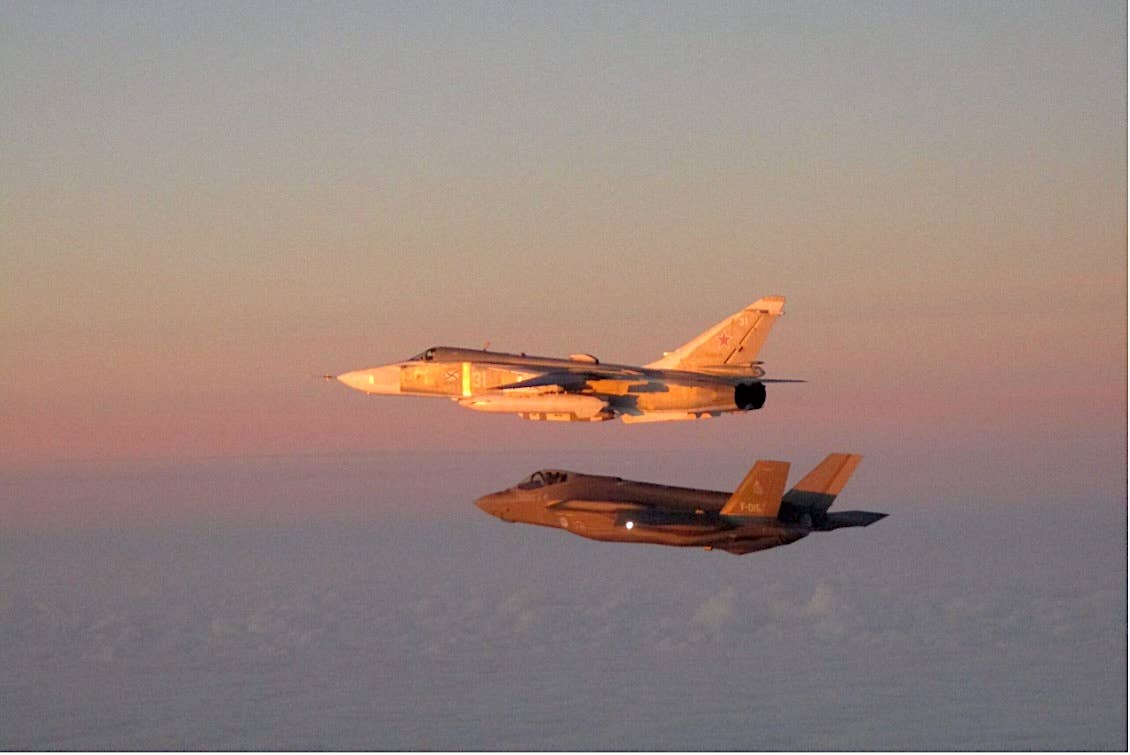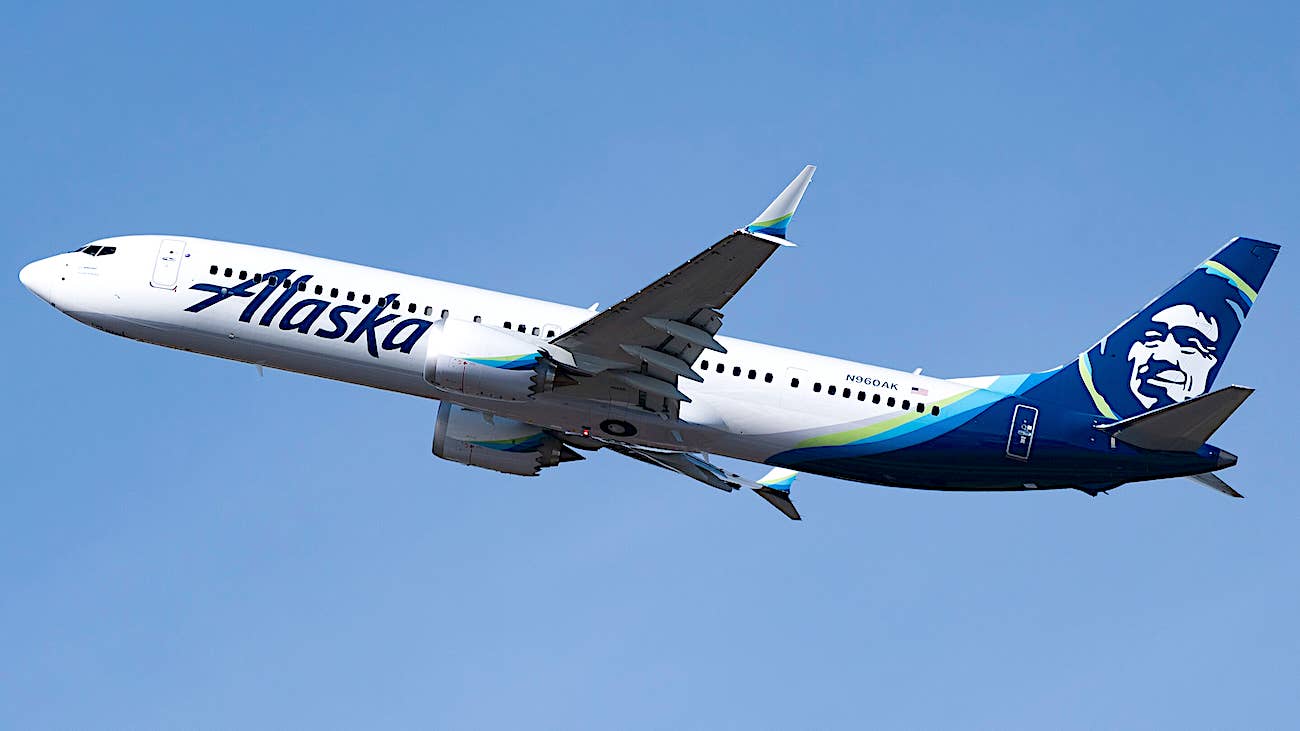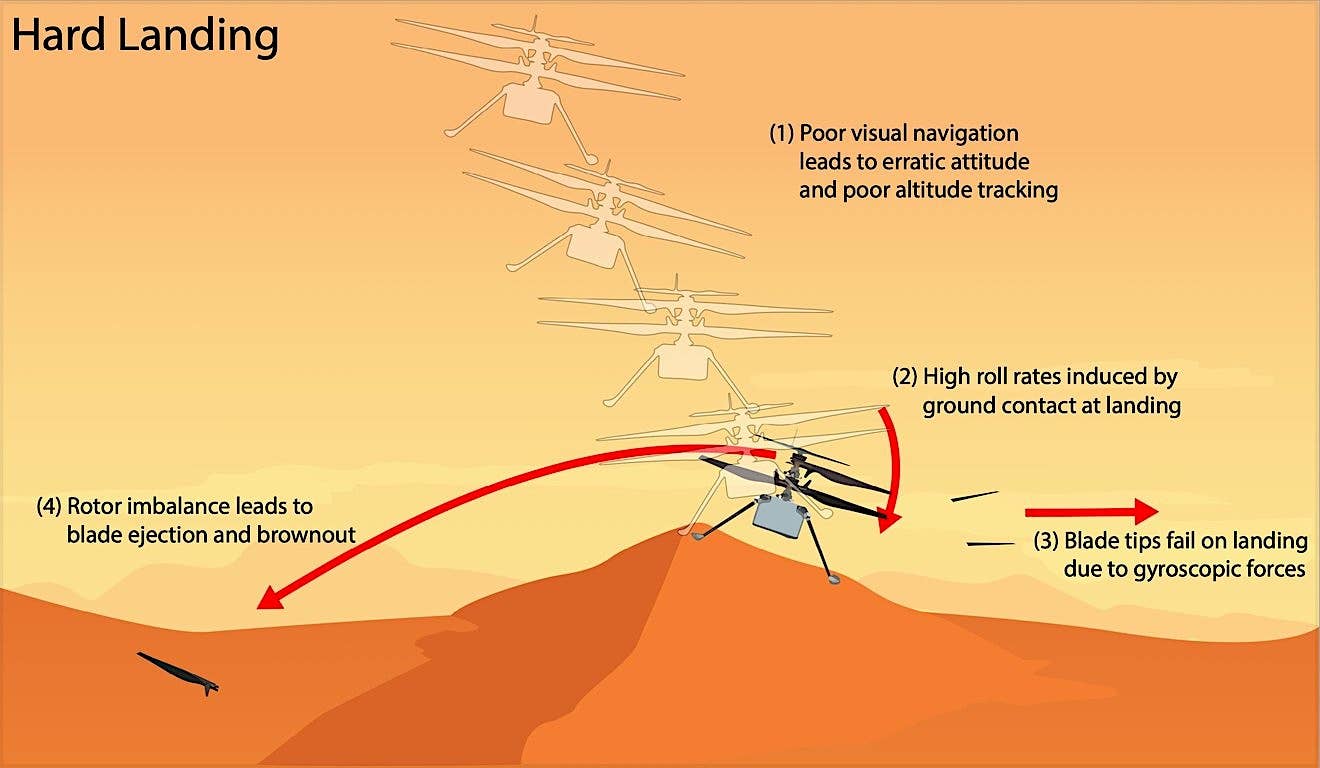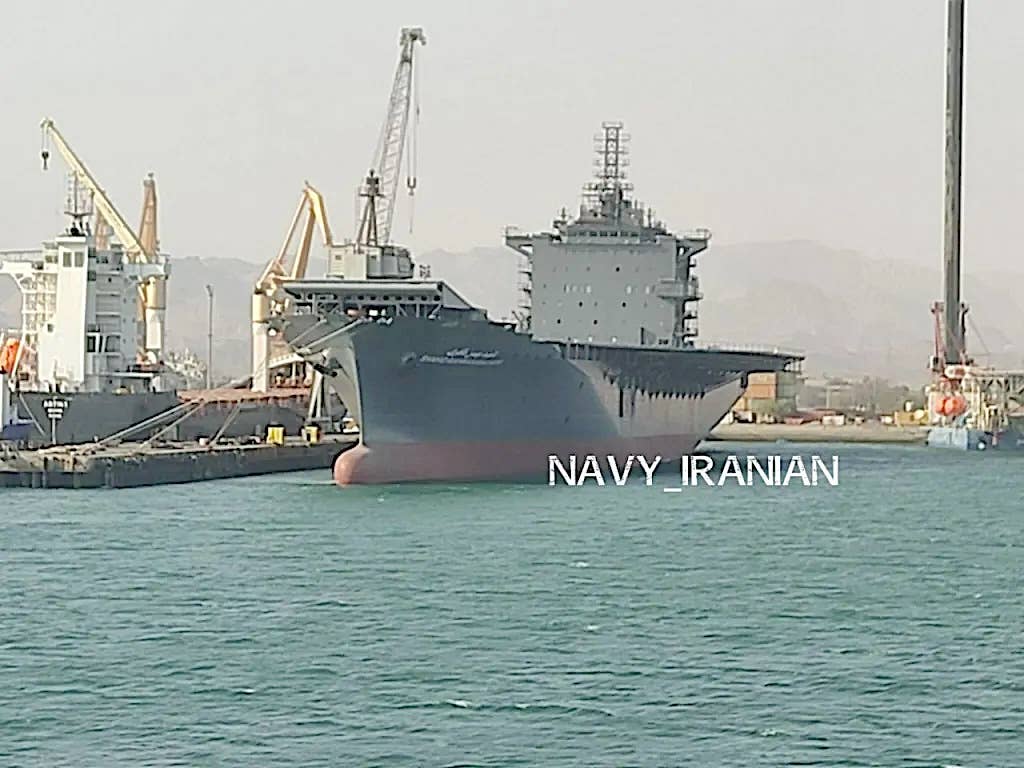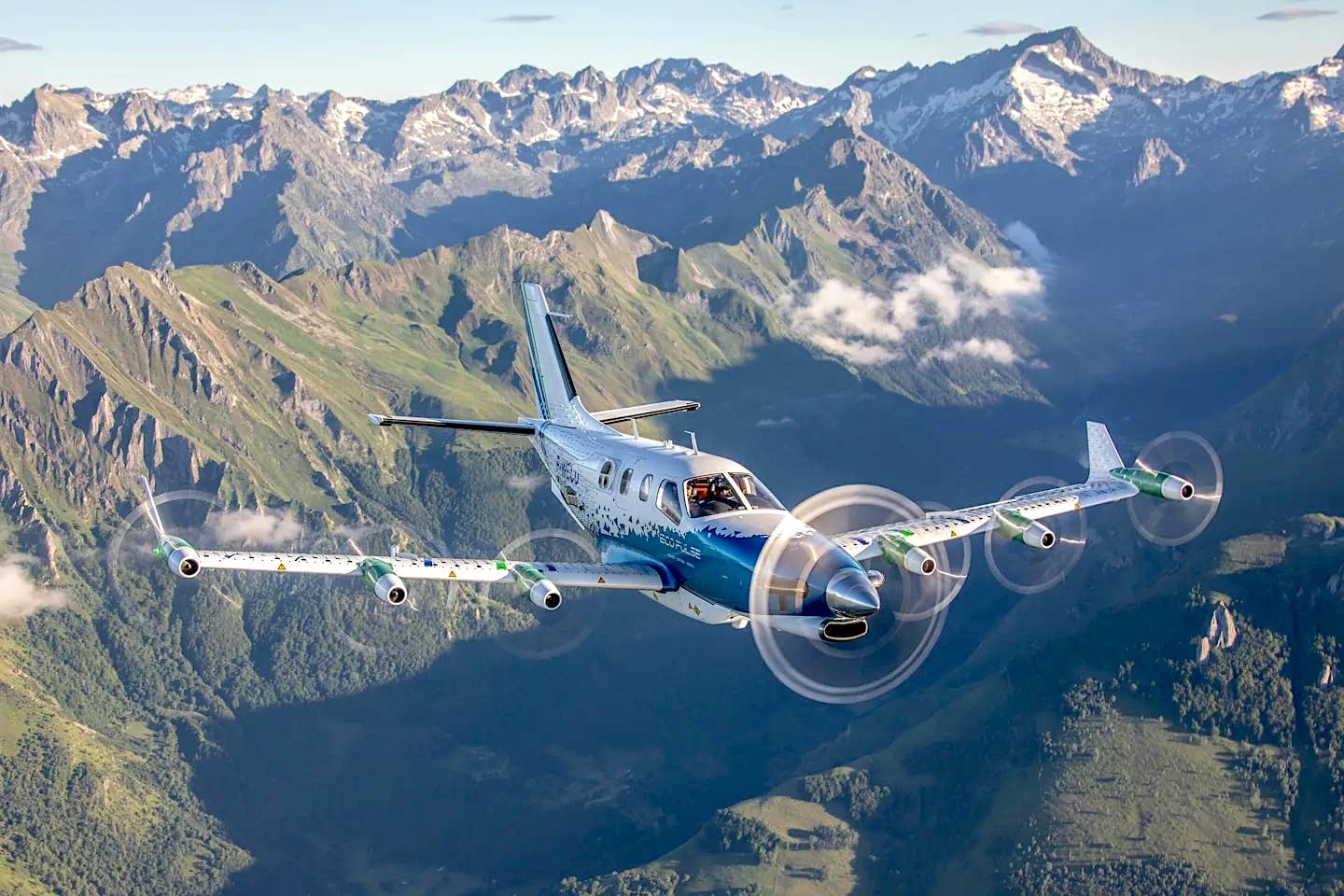GA’s Prospects Under Trump Administration
Nothing is certain, but if ATC privatization and user fees are ever going to happen, now seems the time.
So now we have a Republican congress and a soon-to-take-office Republican president. What does this mean for general aviation's interests? For the airlines? For aerospace in general?
Probably about what it means for every other segment of the economy; no one seems to know enough to hazard a guess. Yet. In theory, the sacred project of the libertarian wing of the party seems within easy reach. That's privatization and user fees for ATC, in case you weren't paying attention. With Republican control of both chambers and a president willing to sign legislation they author, doesn't it seem likely that such a thing might sail through the congress in the first 100 days?
Not so fast. Even if you're but a casual consumer of news, you probably know the Republican House caucus is fractious and there's no reason to believe that has changed since the election. Recall that even in a House with a solid Republican majority, Rep. Bill Shuster's bill to turn air traffic control over to a nonprofit corporation with an 11-member oversight board including seats for the airlines, the pilot unions and general aviation, didn't fare well. The bill found a wall of opposition before it even got a committee slot.
The reasons are several, but a big one is that for as much as Republicans favor small government and less spending, they value oversight and influence over major slices of the economy a little more. And transportation—and aviation—is a major industry in the U.S. It won't matter if a President Trump would sign such a bill if it can't be crafted to satisfy the oversight concerns in the House and Senate. Think more about defending castles and less about high-minded principles.
Ostensibly, the bill's purpose—formally called the Aviation Innovation, Reform and Reauthorization Act—was to normalize the FAA's uncertain funding and eliminate the ridiculous breath holding of repeated to-the-brink reauthorizations. Privatization was the bedrock of normalizing the revenue stream and, to an extent, de-politicizing it.
For what it's worth, President-elect Trump is a proponent of privatization and it figures significantly in his infrastructure plan. Rather than the government paying for contracts for road and bridge building, he proposed authorizing companies to do the work who would then be promised a revenue stream through tolls … user fees. With RFID technology getting cheap enough for airline baggage tags, you can see the technology is in place to do this easily. This is why the plan is said to be revenue neutral, so no additional taxes are needed. Of course, user fees are taxes by another name, whether for ATC services, roads or bridges.
This is not a new or radical idea. Thirty-three states have passed legislation allowing public private partnerships (P3s) for infrastructure work. Shuster's bill, in concept, is just another version of a P3.
The National Air Traffic Controllers Association supported the Shuster bill, provided its members' current pay, benefits and worker protections remain in place. But with a new administration, the Civil Service system may find itself under scrutiny. Republican budget plans have included proposals to reduce the federal work force by attrition—Trump said the same—and revising retirement payments and plans, requiring federal employees to pay a higher share toward their own retirement funds. Such details would have to be worked into the fine print of a new bill, but it seems unlikely they won't come up as discussion points. It's unknown if the incoming administration will place a priority on FAA reform.
For aerospace in general, Trump's campaign called for 42 new Navy ships, more active duty troops and 100 more modern fighter aircraft, presumably F-35s. Paced over a decade, that's not exactly a defense bonanza, but at least it's not a reduction, either. Defense spending recently peaked at $721 billion in 2010 and declined to $637 billion in 2015, a slight increase over 2014.
Higher defense spending should make Boeing and Lockheed Martin happy, and not just because they'll build more airplanes. But they won't be happy about Trump's attitude toward trade deals, especially the Trans Pacific Partnership, which promised to improve Boeing's sales prospects in Asia and the Pacific rim. Boeing's unions opposed it, for the same reason they opposed NAFTA.
For their part, with the exception of Delta, the airlines favored privatization, ostensibly because it gave the FAA a stable funding platform but realistically because the industry would hold sway over ATC and could have overwhelming influence on policy, possibly at the expense of general aviation. ALPA opposed the Shuster bill, too. Whether a second run at the idea can convince them—or anyone—to give privatization another chance will be sorted out when 115th congress takes its seats.
One thing the airlines should be pleased about but probably are not is President-elect Trump's promise to pull out of the Paris climate accord and, by extension, a later agreement adopted in Montreal last month. It was a UN agreement that specifically targeted air transportation as a source of greenhouse gasses. It called for voluntary emissions offsets, but would become mandatory in 2027. It didn't require emissions reductions, but offsets and credits to support renewable energy, forest preservation and other environmental efforts. The airlines supported it because it was a trade with no cap, did them no particular damage and didn't promise to be that effective anyway.
It's difficult to see why Boeing would cheer exiting the Paris agreement, however. Its aircraft will still have to compete in a world where climate regulations remain in the fore, especially Europe, so it can't stop research on more efficient airframes and engines. The airframers would do that anyway in the service of airlines seeking profitability, but increasingly, climate regulation may drive developmental efforts, even if the U.S. abandons any GHG reduction goals.
And here's a thought: What if President Trump's EPA Administrator decided tetraethyl lead is not a health hazard and says y'all can go right ahead and keep using it in your avgas.
OMG.
Saved from an Overdose
As I was approaching a near fatal overdose of election coverage, I finally did a self-intervention and turned off the television and cleared my browser of news sites. A few months ago, I bought an Amazon Fire TV Stick and its vast library of old films saved my sanity.
I found a great movie I'd never seen: Island in the Sky. It's an Ernest Gann story and although I vaguely recall reading the book, I didn't know it had been made into a film. The story is typical Gann: A C-47 en route to Europe encounters heavy icing in Labrador and is forced down on a remote frozen lake. The ship's Captain, Dooley—Gann's characters never to seem to have first names—struggles to keep the crew alive in arctic weather. The story alternates between an inside look at the rescue effort and the man-against-nature struggle of Dooley and his crew.
Like all of Gann's stories, the narrative is exceptional for its realistic detail. Gann came of age between eras, bookmarked by men who flew Ford Trimotors and Fokker F.VIIIs between the wars and sophisticated piston airliners and jets after World War II. His characters are often weather-beaten salts who survived ice and cranky engines before the "new-fangled" DC-3 came along. Improbably, in Island in the Sky, one of these is played by Andy Devine. Yes, the same crackly voiced, rotund Andy Devine who played Jingles P. Jones in Adventures of Wild Bill Hickok, not to mention his wildly popular children's program, Andy's Gang.
Watching Devine, whose character was named Willie Moon, inhabit the cockpit in the film, I thought, wow, he's really pulling this off. In one tight shot, Moon clips a clothespin to the trim wheel and uses it to hold his cigarette. Vintage Gann. No accident that Devine was authentic. He was the real deal. He was an avid pilot and owned a flight school that trained pilots during World War II.
One detail the filmmakers let slip by was describing the BC-778 survival radio the crew carried. They showed how it worked and how the crew set it up. But they missed using the popular term for the radio. It was called the Gibson Girl, for its hourglass figure. I knew that because as a radio-crazed kid, I had a Gibson Girl operating manual. The U.S. stole the design from the Germans, by the way. It saved a lot of downed airmen.
If you're similarly at the precipice with election coverage, I recommend Island in the Sky as an antidote. You'll feel better in the morning.

